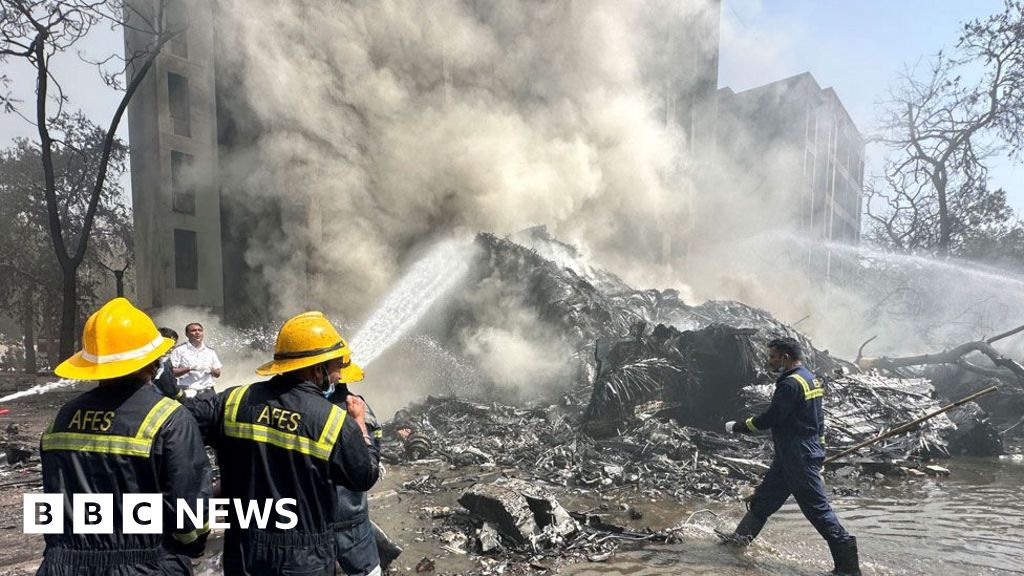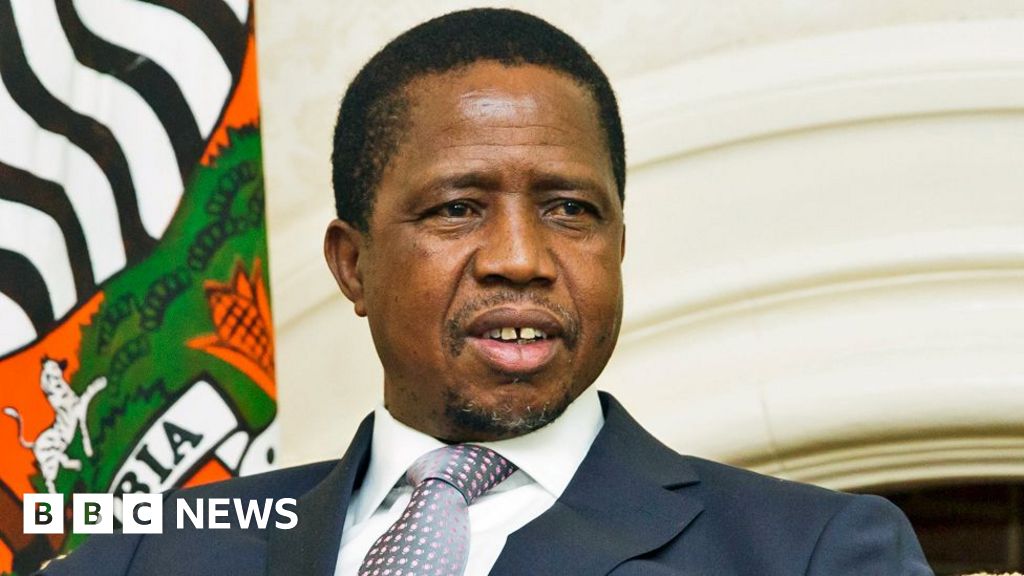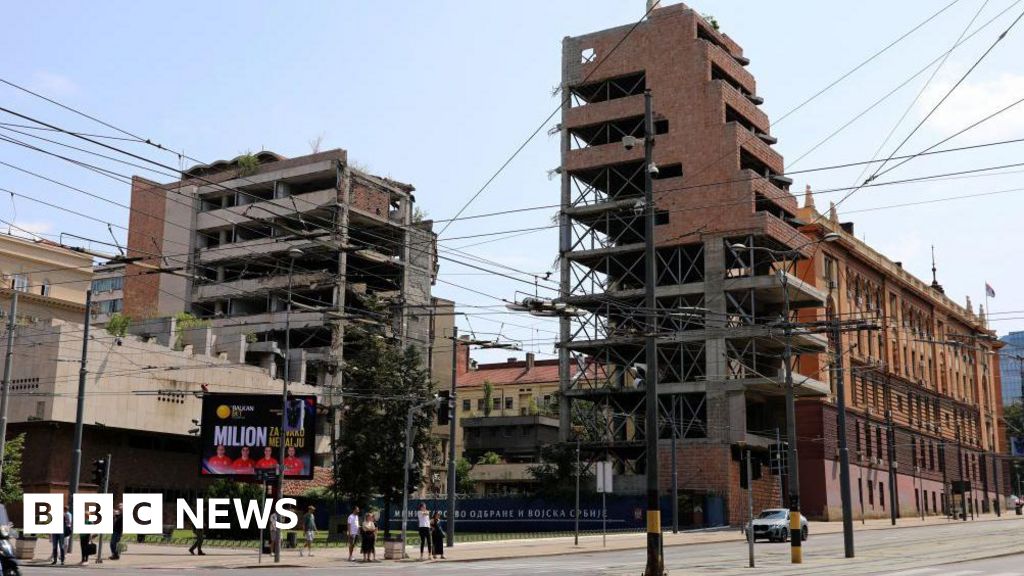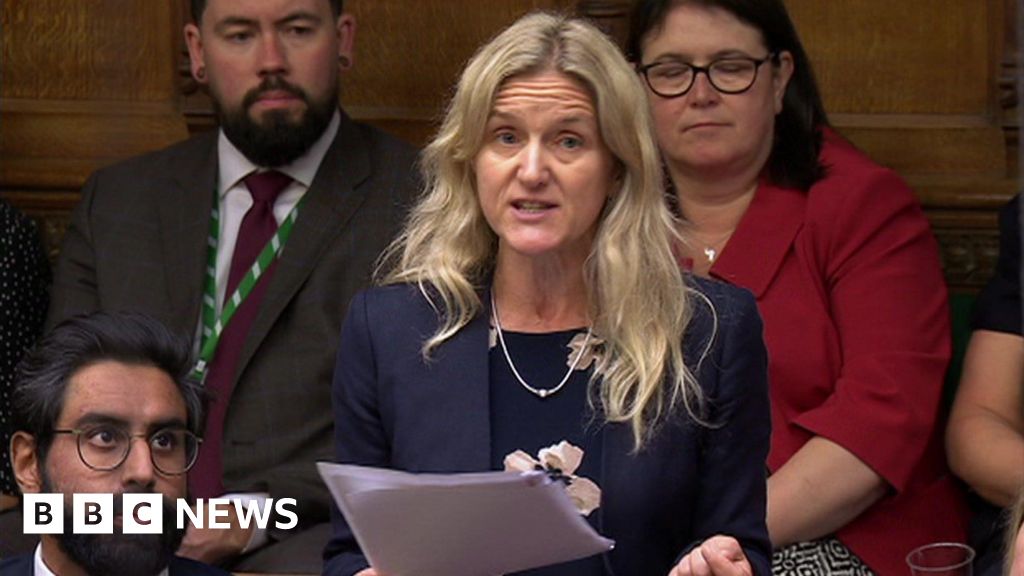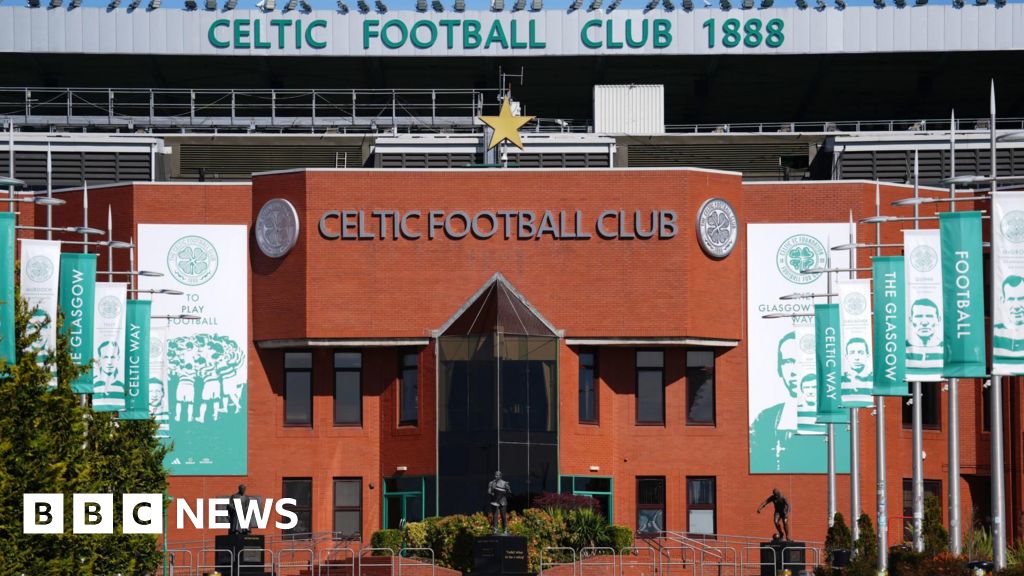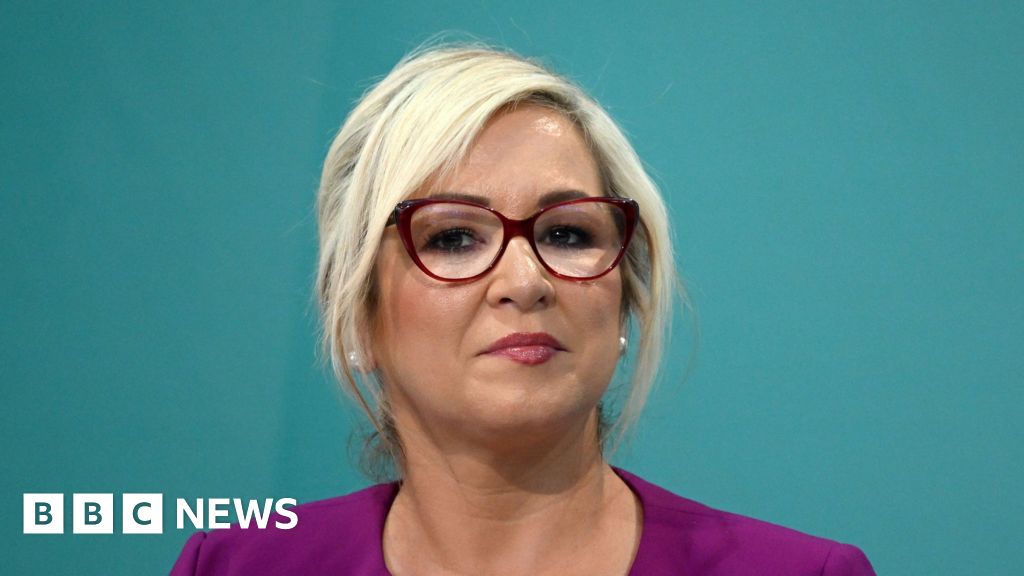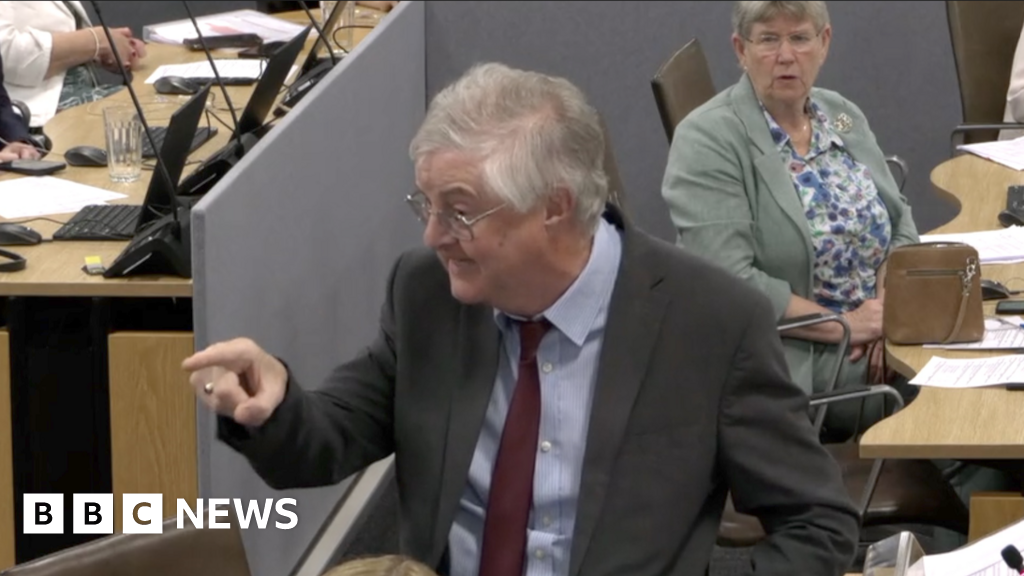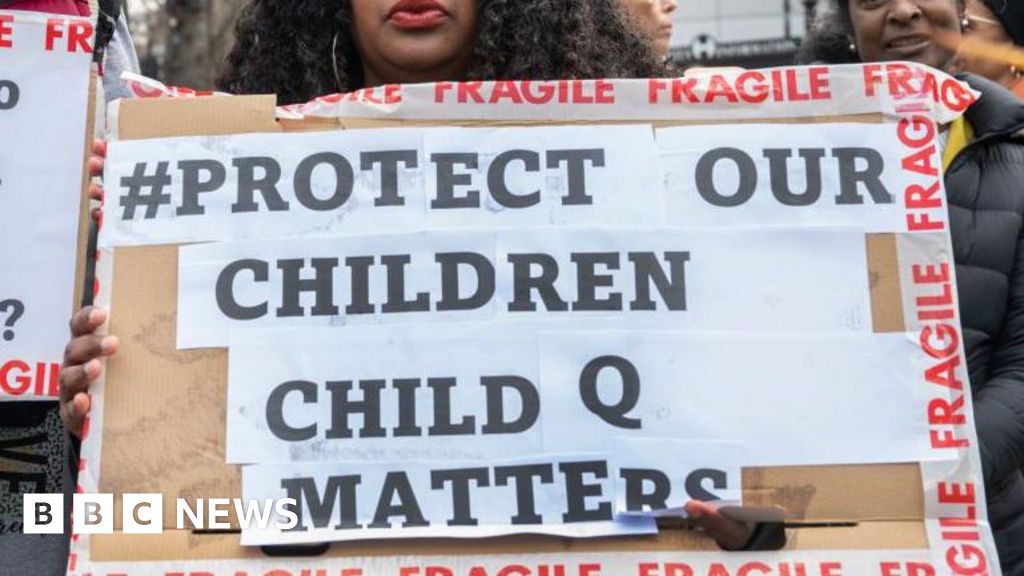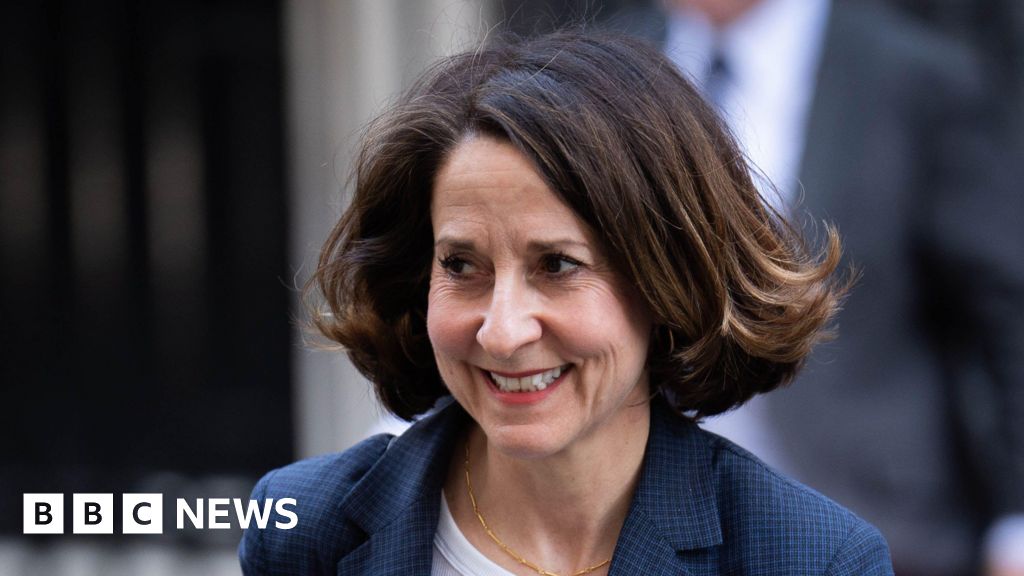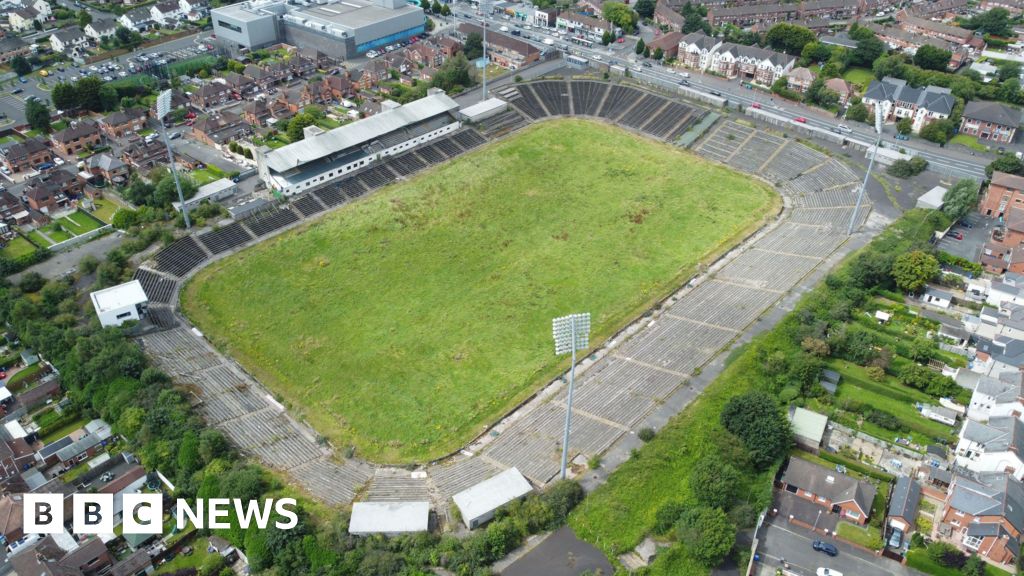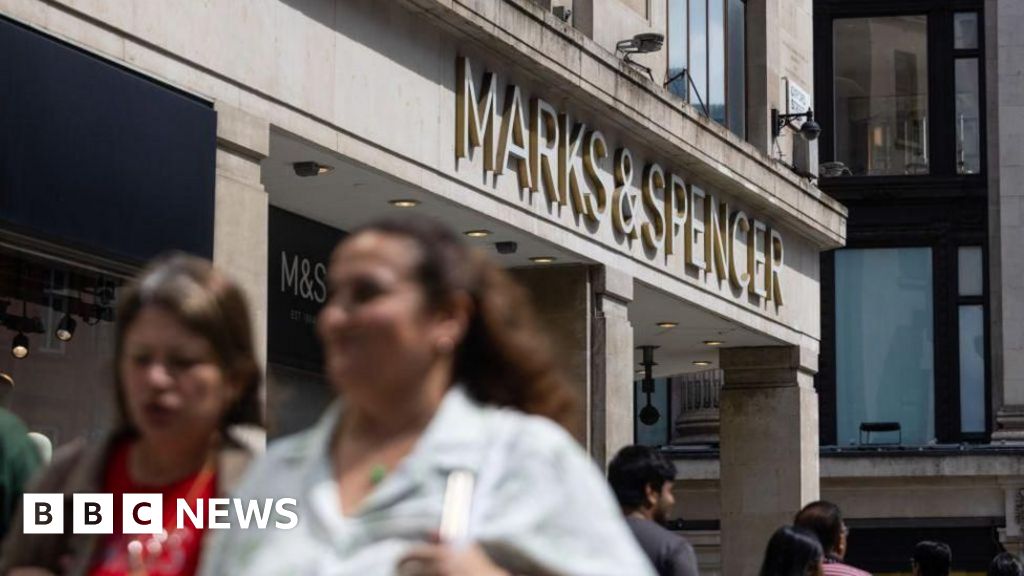Cost of living correspondent
 Getty Images
Getty ImagesCouncil tax is expected to rise by 5% a year to pay for local services, documents in the Spending Review suggest.
Bills are also expected to rise further to pay for an increase in police funding.
Local authorities have the power to raise the tax by up to 5% every year, although some choose lower increases.
However, Wednesday’s Spending Review assumes councils will raise it to the maximum level.
The review allocated a 1.1% increase in grant funding to local government, but said total spending power for councils would rise by 2.6%. That includes funds councils can raise from council tax, as well as things like business rates.
Councils can raise council tax by more than 5% if they hold a local referendum or get approval from central government.
Council tax has generally increased by the maximum of 5% a year recently amid strained town hall budgets. Some councils in particular financial difficulty have increased bills by significantly more.
Councils’ choice
On whether councils would have to raise council tax by 5%, Chancellor Rachel Reeves said nothing had been changed in terms of the 5% council tax cap, which was brought in by the previous government.
“It is a cap, councils don’t have to increase council tax by 5%,” she told BBC Breakfast.
“That’s to invest in things like social care, but also as is normal to put money into policing.”
Local services ranging from social care and libraries to bin collection and street cleaning are funded through council tax.
 Getty Images
Getty ImagesThe Spending Review also says police spending power will rise by 2.3% a year in real terms.
Council tax includes a so-called police precept, which helps fund services such as regular community policing.
Police and Crime Commissioners can raise this precept by £14 a year for a Band D council tax bill without having to have a referendum. This is in addition to a 5% general rise.
Police budgets are made up of funding from both central government and local government and the increase in police spending power assumes a rise in the police precept, Treasury documents suggest.
“This includes projected spending from additional income, including estimated funding from the police council tax precept,” the documents say.
Police leaders have already called for greater funding, with some arguing extra money provided in the Spending Review would quickly go on covering officers’ pay
Squeeze on services
Louise Gittins, who chairs the Local Government Association, which represents councils, said there were some welcome areas of support in the Spending Review, including children’s services, affordable homes and investment in transport.
However, she said council budgets would remain under “severe financial pressure”.
“Many will continue to have to increase council tax bills to try and protect services but still need to make further cutbacks,” she said.
Tiff Lynch, acting chair of the Police Federation for England and Wales, which represents rank-and-file officers, said: “This Spending Review should have been a turning point after 15 years of austerity that has left policing and police officers broken. Instead, the cuts will continue and it’s the public who will pay the price.
“We await the government’s decision on police pay in the coming weeks. But with this Spending Review, the signs are deeply worrying; the consequences will be even more so.”






